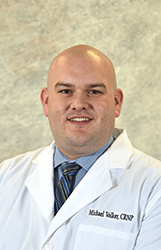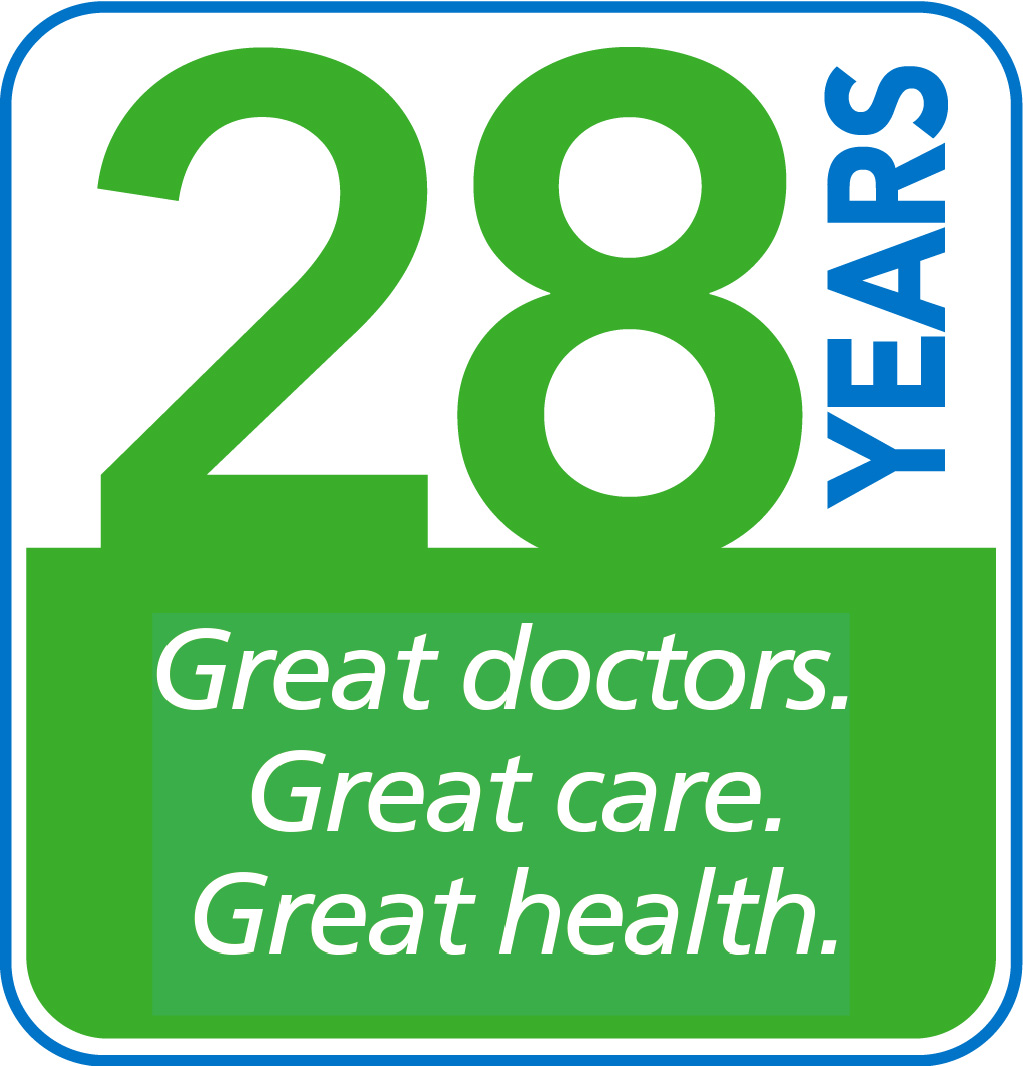BY: MICHAEL VOLKER, CRNP
Like taxes, allergy season is one of those things you just can’t avoid. In fact, due to climate change, it may be getting worse. Warmer temperatures lead to more pollen production, so 2021 may be the most intense allergy season yet. And due to COVID-19 quarantine, children may especially have a rough year.
When is allergy season?
It starts in the spring and continues until the fall, but different allergens, the substances that trigger allergies, appear at different times.
March and April: As spring begins, tree pollen is the top allergen, followed by weeds and grasses. In some parts of Maryland, it’s not unusual to see cars covered by the itchy stuff.
May to July: In May, all the trees, grass and weeds gang up to pump out allergens, making it a bad time for allergy sufferers. This is the start of peak allergy season, which continues until July.
July to September: Enter ragweed, a common flowering plant. Ragweed is the leading cause of seasonal allergies, with 75% of all sufferers allergic to it.
October: With temperatures falling and plants starting to go dormant, the air starts to clear, bringing an end to outdoor allergy season. Now it’s possible to breathe a sigh of relief without coughing.
See the Interactive Allergy Forecaster for allergy conditions where you live.
COVID-19 and children’s allergies
Many children have been quarantined for the past year, with limited time outdoors. Now that they’re starting to return to their regular routines, you may notice they’re sneezing, coughing and rubbing their eyes more than they have in past allergy seasons. This may be because spending a year indoors has made them more sensitive to allergies.
Children need some exposure to allergens for their immune systems to learn how to fight them. Since many kids have had limited exposure to outdoor allergens for a year, they may have stronger allergic reactions than they had in the past.
Surviving allergy season
The best thing for both adults and children to do is minimize your exposure to allergens. Try not to go outside when the pollen count is high. Use the Interactive Allergy Forecaster to see what allergy conditions are in your area and get forecasts for tree, grass and ragweed pollen. Other things to try:
- If you have pets, keep them in the house on high-pollen days. Pollen may stick to their fur and end up in your nose.
- Change your AC filters regularly and consider getting a HEPA air filter to strain allergens out of the air in your home.
- Use over-the-counter allergy medicines to relieve symptoms: antihistamines to relieve your itchy nose and sneezing, and decongestants to get rid of your stuffy nose.
- On high pollen days, change your clothes when coming in from outside.
- Keep windows and doors closed to reduce pollen entering the house.
If your or your child’s allergy symptoms are severe or continue a long time, your health care provider may be able to help or refer you to an allergist.
 Michael Volker, Certified Registered Nurse Practitioner, received his Master of Science in Nursing degree from Walden University and is certified by the American Academy of Nurse Practitioners. He sees patients in the Arundel Mills office.
Michael Volker, Certified Registered Nurse Practitioner, received his Master of Science in Nursing degree from Walden University and is certified by the American Academy of Nurse Practitioners. He sees patients in the Arundel Mills office.





